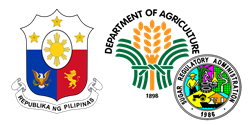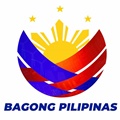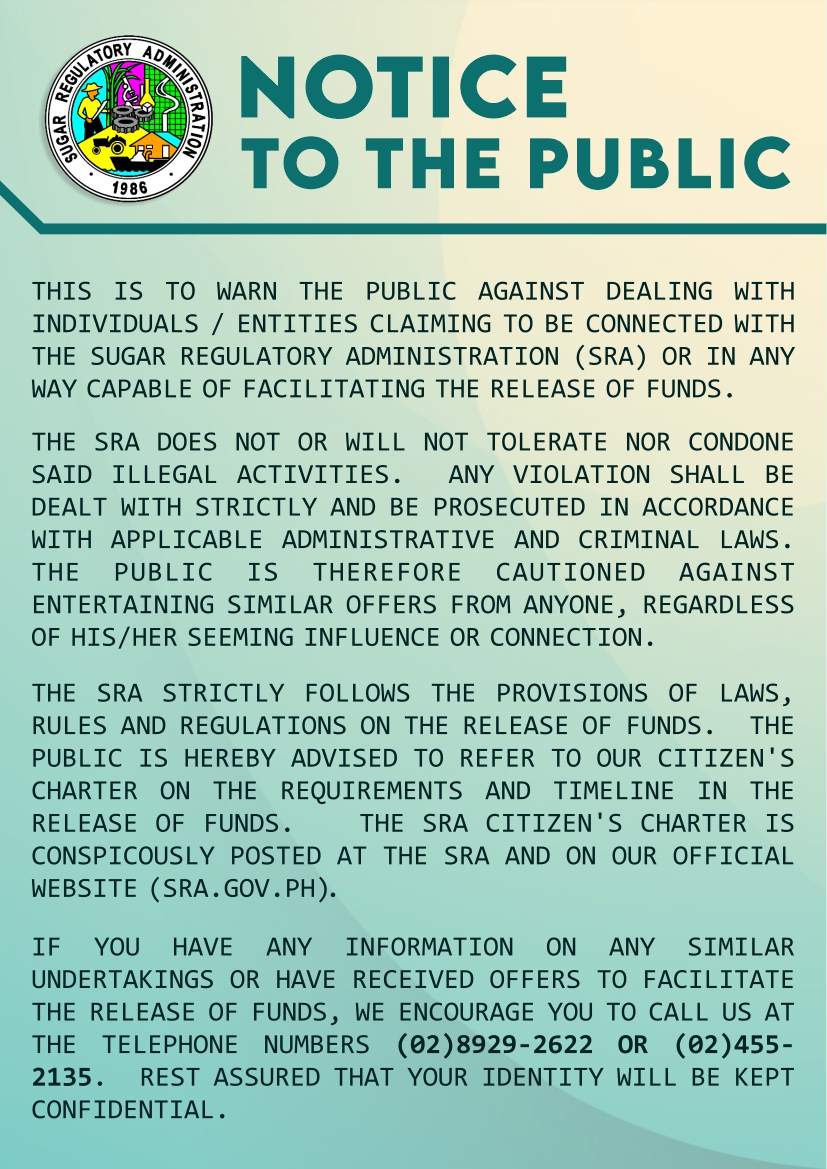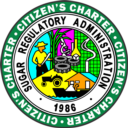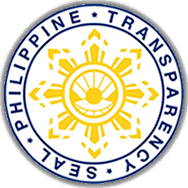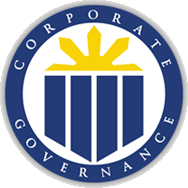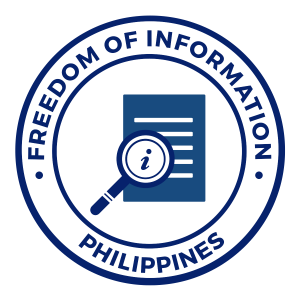Sugarcane farmers can now enjoy a faster release of loans under the improved Socialized Credit Program
QUEZON CITY – Small sugarcane farmers and block farm members can now enjoy faster approval of loans as the Socialized Credit Program (SCP) under the Sugar Industry Development Act (SIDA) has been streamlined following the revision of the Implementing Rules and Regulations governing the SCP which was signed just before the last year closed.
The ceremonial signing of the revised IRR was attended by officials of the Department of Agriculture, the Sugar Regulatory Administration (SRA), and the LandBank of the Philippines (LBP) last December 16, 2024 in Quezon City.
Senator Cynthia Villar, the Chairperson of the Committee on Agriculture lauded the act saying that “the revised IRR opens the credit window to individual sugar farmers, block farms, credit conduits, common service centers and women organizations engaged with the sugarcane farming,” adding that this will now provide stakeholders “access to financing” that will enable them to improve productivity.
This was echoed by Agriculture Undersecretary Roger Navarro who said that “the sugarcane industry is one of the fortunate sectors in Philippine agriculture, largely due to the institutionalized socialized credit program crafter under the SIDA Law.”
Sugar Regulatory Administrator Pablo Luis Azcona on the other hand said that he is thankful that farmers, especially those from remote areas, are now given the opportunity to access credit.
“As a farmer myself, I know that when we need something, we need it immediately. We cannot afford to wait months as we’ve experienced in the past where help arrives late,” Azcona said, adding that he is proud and thankful of this collaboration among government agencies to allow easy access to credit for our sugar farmers.
SRA Board Member, Ma. Mitzi Mangwang who also chairs the SCP said, “the stories of our beneficiaries are our motivation. They remind us of the critical role we play in supporting their livelihoods and ensuring the future of the sugarcane industry and the signing of the revised IRR is a significant step forward.”
Landbank President and CEO, Ma. Lynette Ortiz also welcomed this initiative that they hope will “strengthen the sustainability and resilience of the sugarcane industry,” as she emphasized on the collaboration between government agencies to realize this milestone.
The revised IRR consists of changes like the inclusion of credit conduits within its program coverage, the reorganization of the program fund into trusts, and the expansion of general obligations, policies, and guidelines.
For credit conduits, a basic lending policy within the IRR was created for its credentials and functions. After SRA and LBP accreditation, Planters’ Associations may lend credit at an interest rate not exceeding 6%, to accommodate operational expenses.
The waiving of CI/BI was also revised within the IRR, changing the standard of investigation from loan amounts to land area. Now, individual Sugarcane Farmers and Block Farm members with a maximum of five hectares would be waived from CI/BI, further streamlining the process of SCP.
Other financial revisions of basic lending policies, such as the frequency of reporting and lower interest rates for common service centers, were approved to improve the process for beneficiaries.
Notably, the new IRR includes individual block farm members, extending the newly expedited process to new beneficiaries, and accommodating other costs of production that may not be covered by the starting capital extended through SRA’s Block Farming program.
The newly revised SCP will be presented extensively in a convention this 2025 to orient mill districts and other stakeholders of the new policies. A roadshow within sugar regions will also be implemented to improve transparency and services.
Also present during the signing were other officials from the Department of Agriculture and SRA Board Member David Andrew Sanson.
